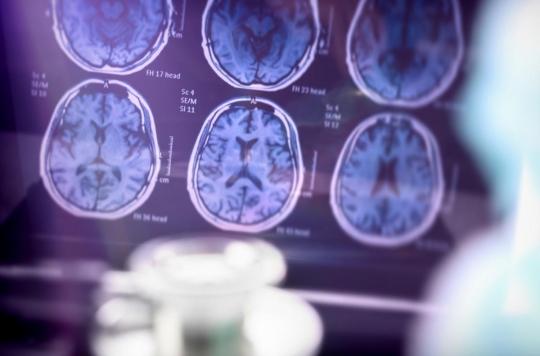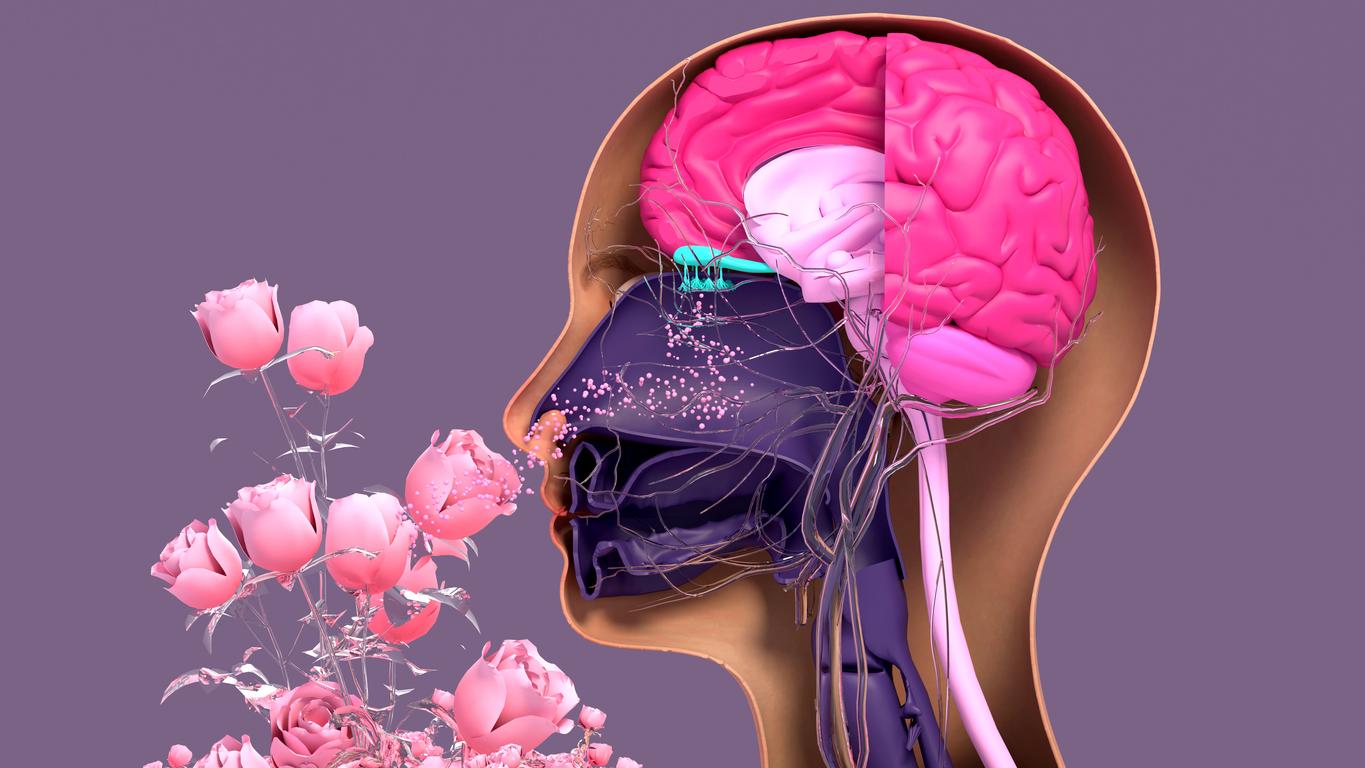In a study on mice, French and Chinese researchers find that releasing some of the copper from amyloid plaques helps prevent memory loss.

- Amyloid plaques block copper: they contain about five times more than a healthy brain.
- The researchers have developed a molecule capable of extracting the copper stuck in these plates.
- This helped prevent memory loss.
Amyloid plaques are one of the hallmarks of Alzheimer’s disease. They are aggregates of beta-amyloid protein, which form around neurons. Science has found that they prevent their proper functioning. Recently, a Franco-Chinese team made a major discovery concerning these plates: regulating the quantity of copper they contain would make it possible to fight against memory loss. The scientists belong to CNRS as well as Guangdong University of Technology and Shenzhen University in China.
A molecule to better distribute copper
Amyloid plaques block copper: they contain about five times more than a healthy brain. In this research, published in ACS Chemical Neuroscience, the researchers explain that they have developed a molecule capable of extracting the copper stuck in these plates. It is then reintroduced into the enzymatic circuit of the brain, because this material is necessary for the proper functioning of the brain. In a test conducted on mice, scientists gave an oral treatment, made from this molecule, to rodents. They found that this helped prevent memory loss.
Future trials needed
If these results are encouraging, work must be continued to prove that the molecule is also effective in humans. The researchers are looking for a pharmaceutical partner to test their drug in a pre-clinical trial. If these different tests are successful, treatment could be given in the early stages of the disease to slow its progression.
Various symptoms
Today, 900,000 people suffer from Alzheimer’s disease in France. The alzheimers foundation estimates that 200,000 new cases are discovered each year. Memory loss is the best-known symptom of the disease, but those affected suffer from a debilitating loss of autonomy, linked to difficulties in orientation, in carrying out daily life tasks, or even expression. There is currently no curative treatment to cure the pathology, the available drugs only allow to slow down its evolution.

.

















